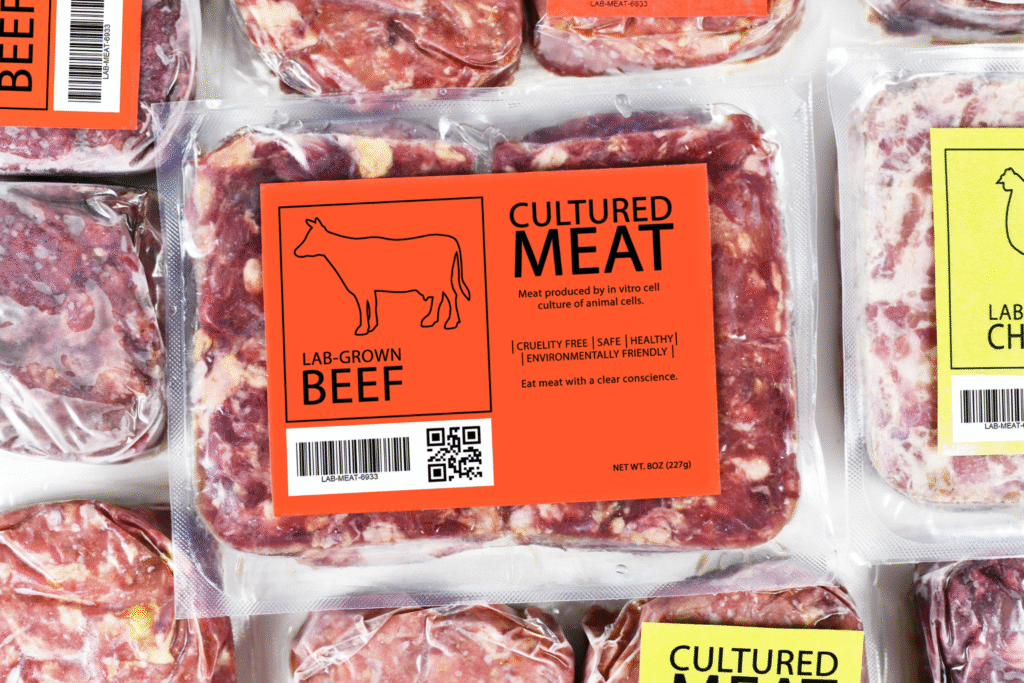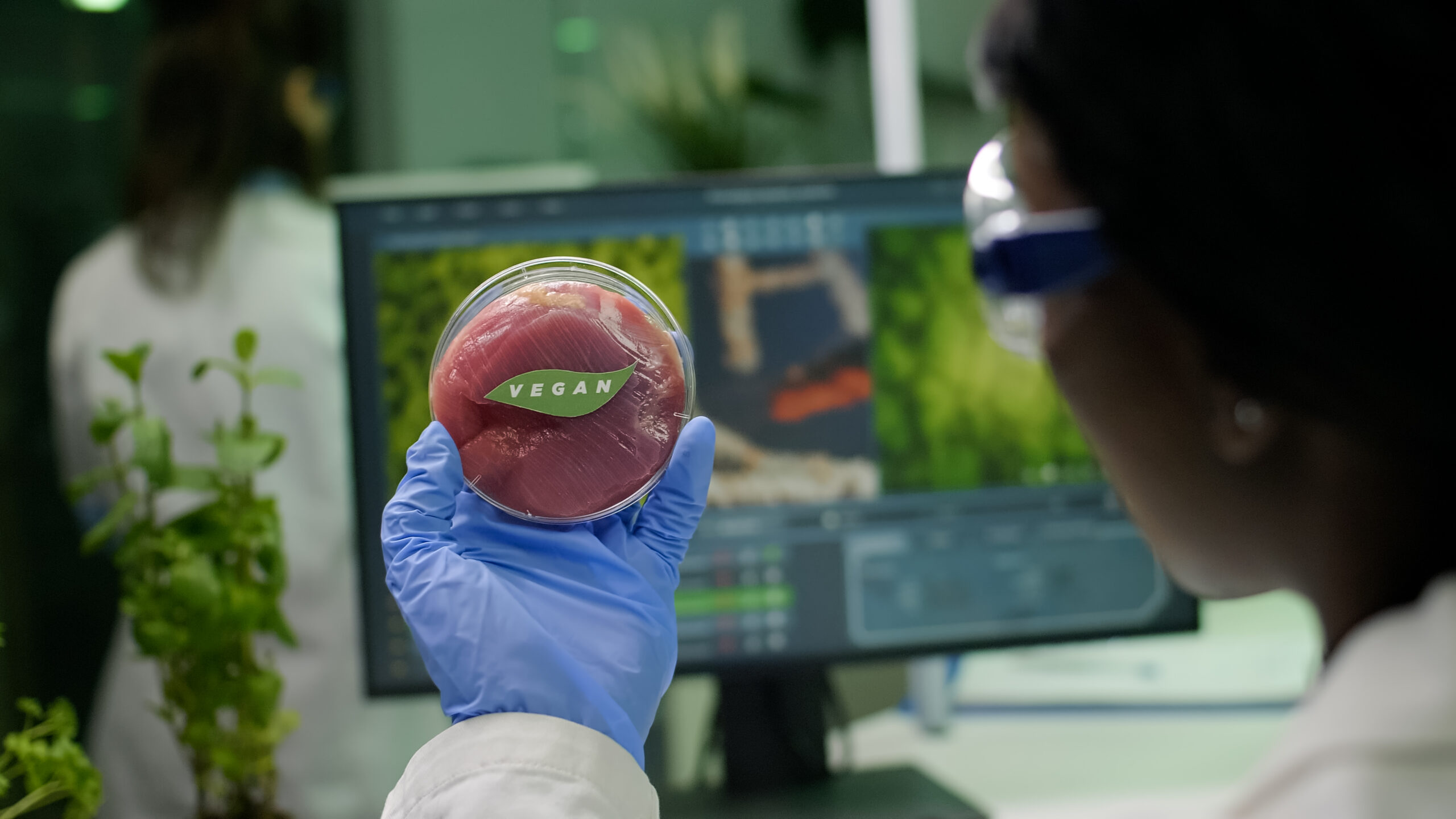Introduction
Lab-Grown Meat: The Next Food Revolution? Imagine biting into a juicy burger or savoring a tender chicken nugget, knowing that no animal was harmed and the environmental impact was minimal. That’s the promise of lab-grown meat, also known as cultivated or cell-based meat. This innovative food technology is rapidly gaining attention as a potential solution to some of the biggest challenges facing our food system. But is lab-grown meat truly the next food revolution, or just a passing trend? Let’s dive into the science, benefits, challenges, and future of this groundbreaking development.
What Is Lab-Grown Meat?
Lab-grown meat is real meat produced by cultivating animal cells in a controlled environment. Instead of raising and slaughtering animals, scientists extract a small sample of animal cells and feed them a nutrient-rich solution. These cells multiply and form muscle tissue, which is then harvested and processed into familiar meat products like burgers, nuggets, or even steaks.
Unlike plant-based alternatives, lab-grown meat is biologically identical to conventional meat. It looks, cooks, and tastes the same because it is the same—just made without the farm.
The Environmental and Ethical Edge
One of the most compelling reasons for the rise of lab-grown meat is its potential to address environmental and ethical concerns tied to traditional livestock farming.
Environmental Benefits
- Reduced Greenhouse Gas Emissions: Conventional livestock farming is a major source of methane and other greenhouse gases. Lab-grown meat production generates far fewer emissions, helping to combat climate change.
- Lower Resource Use: Producing meat in a lab requires significantly less water and land compared to raising animals. This means less deforestation and habitat loss.
- Decreased Pollution: Traditional agriculture often leads to water pollution from runoff. Lab-grown facilities are much more contained and controlled.
Ethical Advantages
- No Animal Slaughter: Perhaps the most significant ethical benefit is that lab-grown meat does not require killing animals. This appeals to vegetarians, vegans, and anyone concerned about animal welfare.
- Better Food Safety: Because the process is sterile and controlled, there’s a lower risk of contamination from bacteria like E. coli or Salmonella.

The Market Is Heating Up
The cultivated meat industry is moving fast. In the United States, regulatory approval for lab-grown chicken was granted in 2023, and select restaurants in major cities have started serving it to adventurous diners. Globally, the market for cultivated meat is projected to reach billions of dollars by 2035, with major food companies and startups investing heavily in research and development.
Will Consumers Embrace Lab-Grown Meat?
Despite its promise, lab-grown meat faces hurdles when it comes to consumer acceptance. Many people are curious but cautious. Some wonder if it’s safe, while others question whether it will taste as good as traditional meat. Price is another concern, as lab-grown products are currently more expensive to produce.
However, as technology advances and production scales up, costs are expected to drop. Education and transparency will play a crucial role in helping consumers understand the benefits and safety of this new food source.
Challenges Ahead
Lab-grown meat is not without its challenges:
- Production Costs: While prices are dropping, lab-grown meat is still more expensive than conventional meat.
- Regulatory Hurdles: Approval processes vary by country, and some regions have banned or restricted the sale of cultivated meat.
- Scaling Up: Moving from small-scale production to mass-market availability is a complex and costly process.
The Future of Food?
Lab-grown meat is more than just a scientific curiosity—it’s a potential game-changer for how we feed the world. As the technology matures, it could help solve pressing issues like climate change, food security, and animal welfare. Whether it will become a staple on dinner tables everywhere remains to be seen, but the momentum is undeniable.
Conclusion
Lab-grown meat represents a bold step toward a more sustainable, ethical, and innovative food future. As awareness grows and technology advances, this could very well be the next food revolution. Are you ready to take a bite out of the future?


Leave a Reply